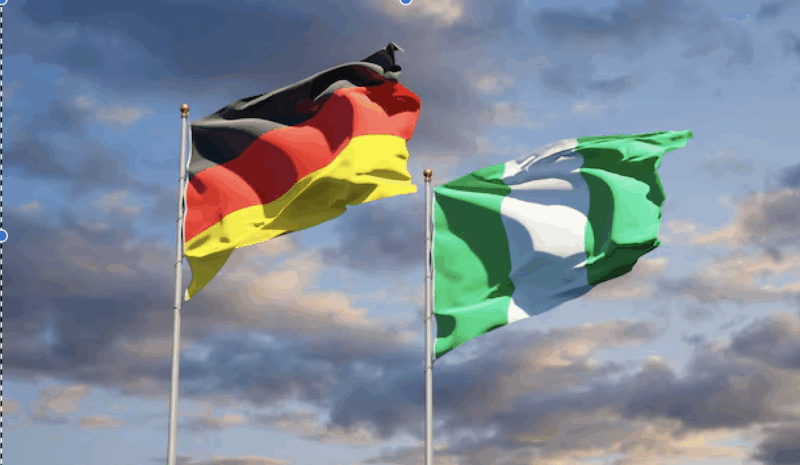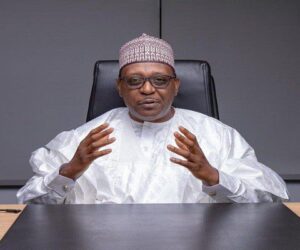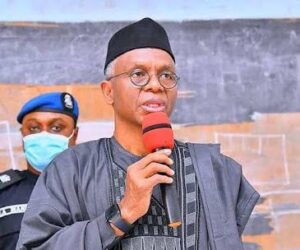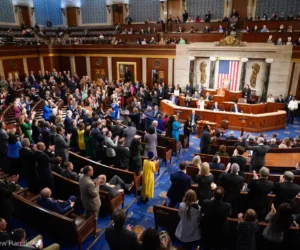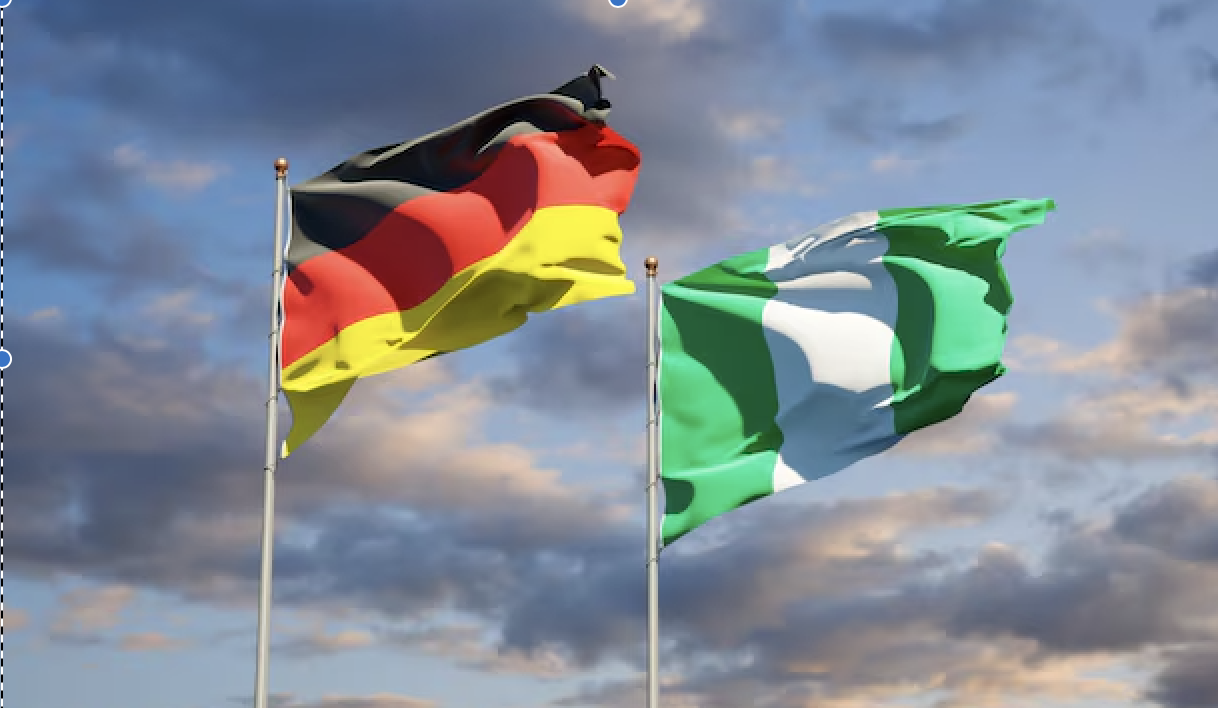
The Chamber of Industry and Commerce (IHK) Giessen-Friedberg of Germany reaffirmed its long-term commitment to deepening vocational training, institutional development, and economic collaboration with Nigeria.
This development was revealed by Dr Matthias Leder, CEO of IHK Giessen-Friedberg, in a virtual press briefing monitored by Pulse Nigeria on Thursday, October 30.
The move highlights Germany’s growing interest in skilled Nigerian workers amid its own labour shortages and a push for sustainable bilateral development.
For nearly two decades, the IHK has partnered with Nigerian institutions to improve youth employability, technical education, and business competitiveness.
Since 2005, the German Chamber has collaborated with several Nigerian chambers of commerce to strengthen vocational training frameworks—an effort that has yielded measurable improvements in workforce readiness.
The partnership gained significant traction under the leadership of Nigeria’s former Minister of Information and Culture, Alhaji Lai Mohammed, whose engagement helped elevate the cooperation to a new strategic level.
Over the past two years alone, IHK Giessen-Friedberg has made two official visits to Nigeria annually, while Alhaji Mohammed has twice joined Giessen’s international business conference, The World Meets in Giessen, as keynote speaker and panelist.
According to Dr Leder, the latest IHK delegation visit aims to consolidate these achievements and explore expansion in both scope and scale.
The team is scheduled to meet with several top Nigerian ministers, including those of Labour, Youth Development, Education, Industry, and Trade, to discuss future collaboration.
Strengthening Skills and Institutions
Between 2012 and 2018, IHK Giessen-Friedberg implemented the Vocational Training Partnership Project (BBP), funded by Germany’s Federal Ministry for Economic Cooperation and Development (BMZ).
Working alongside the Lagos Chamber of Commerce and Industry (LCCI), Abuja Chamber of Commerce and Industry (ACCI), Ogun State Chamber (OGUNCCIMA), the Manufacturers Association of Nigeria (MAN), and the Nigerian-German Business Association (NGBA), the project trained more than 600 Nigerians across key technical fields.
It also introduced Germany’s dual vocational training model—integrating classroom instruction with industry practice—into Nigeria’s education system.
Complementing this is the Chamber Partnership Project (KVP), renewed in 2023, which focuses on institutional reform, member services, and youth entrepreneurship.
Through new programs like the Women in Business Training Series, HerFinance Accelerator, and Chamber Academy, over 500 entrepreneurs and executives have gained skills in digital marketing, advocacy, and financial management.
A New Phase: Hospitality Training and Global Integration
Responding to labour shortages in Germany’s hospitality sector, a new bilateral initiative will train young Nigerians aged 21–27 for careers in hospitality. Implemented by IHK Giessen-Friedberg in partnership with AHK Nigeria, the Goethe-Institut, and GIZ’s Centre for Migration and Development, the program will begin recruiting in June 2025.
Selected candidates will receive German language and cultural training before transitioning to structured apprenticeships in Germany by August 2026.
Meanwhile, The World Meets in Giessen conference continues to serve as a global SME hub. The 2025 edition will host participants from 14 countries, including Nigeria, Kenya, India, and Brazil, featuring AI-driven business matchmaking and international trade discussions.
Building for the Future
Looking ahead, IHK Giessen-Friedberg is proposing a framework that empowers Nigerian chambers to coordinate vocational training and certification while collecting modest levies to fund these public-good services.
The chamber believes this model could drive youth employment, enhance workforce quality, and promote social stability.
According to Dr Leder, “This partnership demonstrates how strategic cooperation in skills and entrepreneurship can drive inclusive economic growth.”
Germany’s investment in Nigerian human capital, he added, reflects a broader commitment to shared prosperity built on knowledge, skills, and sustainable development.

